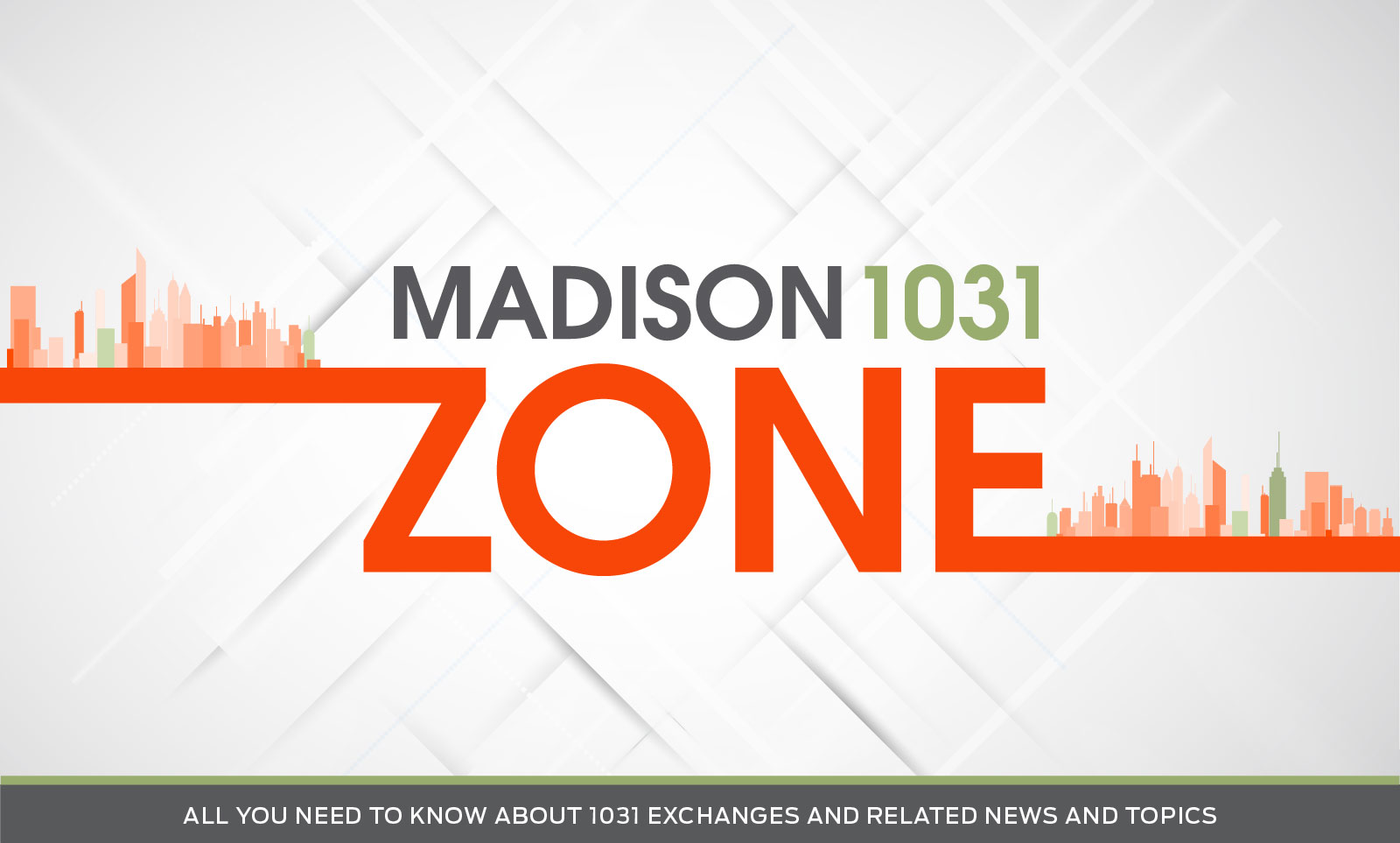Here is a common question. Can a client buy a Replacement Property first and then sell the Relinquished Property? At first blush, the answer would appear to be no. Treasury Regulations that govern delayed or non-simultaneous §1031 Exchanges only address the sale of Relinquished Property before the purchase of Replacement Property. However, a later Revenue Ruling did, in fact, approve a “Reverse Exchange” structure.
Here is the quick explanation of how it works. If the Closing on the Replacement Property must occur before the Investor can sell their Relinquished Property, title to one of the two properties can be “parked” with an “Exchange Accommodation Titleholder” (“EAT”) until the Relinquished Property can be sold. The EAT is typically a Limited Liability Company (LLC) that is owned by the Qualified Intermediary that is facilitating the §1031 Exchange.
Usually, title to the Replacement Property is parked. The EAT can borrow funds from both the Investor and other lenders to acquire the property. Once the Relinquished Property is sold to a third-party, the Investor can acquire the Replacement Property from the EAT, and the funds from sale of the Relinquished Property is used to repay the funds borrowed to purchase the Replacement Property.
The EAT leases the parked property to the Investor, so that the Investor bears all responsibility for the cost of maintaining the property and can also earn any rental income generated by subleasing property to Tenants. However, the same deadlines for a Forward Exchange apply to a Reverse Exchange, except that the Relinquished Property must be identified within 45 days from the acquisition of the Replacement Property and the sale must close within 180 days.
Reverse Exchanges are complex. For a more detailed explanation, please click our article Cart Before the Horse: Reverse Exchanges. If you need guidance on your particular situation, call the experts at Madison 1031 – a Qualified Intermediary (QI) — to discuss whether a §1031 Exchange makes sense for your real property.


